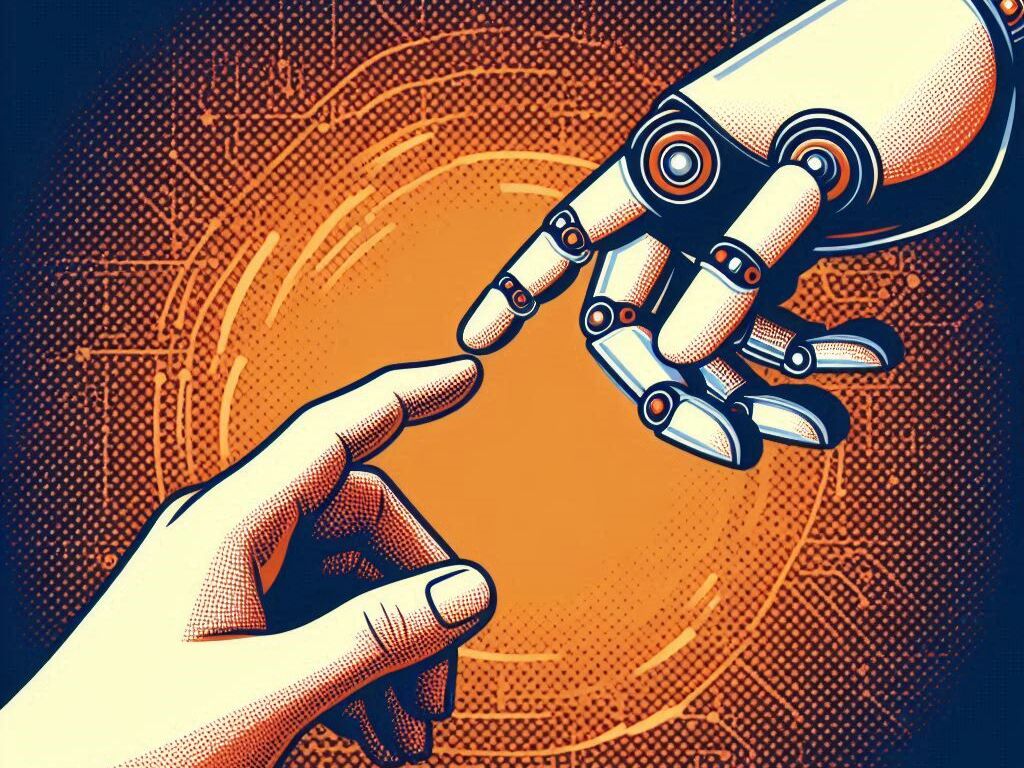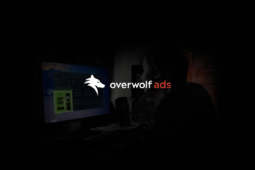Why the Human Touch Still Matters to an AI-Driven Media
by on 10th Jul 2025 in News

Emily Shaw, digital account director, The Kite Factory takes a look at why in an AI-heavy world, human expertise isn’t becoming obsolete - it’s becoming more valuable than ever...
It’s no secret that digital media platforms like Meta and Google have increasingly leaned into automation in recent years, with tools like Advantage+ and Performance Max, powered by machine learning, promising greater efficiency and, in many cases, delivering strong results. Indeed, we’ve seen these tools drive real performance gains for our clients with CPA dropping as much as 57% with AI-supported campaign planning and buying.
While many marketers are increasingly open to automation in media planning and buying—recognising its potential for stronger performance and its role in the future of advertising - some remain hesitant. This caution is especially common among brand-sensitive clients who are concerned about losing control and visibility over where and how their ads appear. There's also a valid perception that automation can feel like a one-size-fits-all solution, which doesn’t always align with the unique needs or expectations of every brand.
But while automation has made some aspects of media planning and buying far easier, it’s also introduced new challenges - particularly around automated creative optimisation and audience expansion. Platforms adding automatic optimisations to client creative can be a risk to brand safety and brand guidelines. Inappropriate music or off-brand text overlays being added can impact brand tone of voice, and jeopardise public perceptions, particularly for charities.

This shift has sparked debate: if algorithms can manage and buy campaigns in an automated way, do we still need humans in the loop?
Human touch remains critical
The answer is a resounding yes. In fact, the more automation takes hold within media, the more critical the human touch becomes.
Machines are excellent at processing data, but they lack the ability to understand nuance, context, and strategy. A human media buyer brings perspective, aligning campaigns with broader business goals, understanding market timing, and responding quickly to sudden changes—whether that’s a viral moment, a global event, or a shift in consumer sentiment.
Media planning doesn’t happen in a vacuum, it’s one piece of a much larger puzzle. Human strategists connect the dots between media performance and long-term brand vision—something no algorithm is equipped to do.
There’s also the issue of platform bias. Meta and Google operate as walled gardens, optimising for performance attribution within their own ecosystems. Without a critical human eye, performance reports can paint an incomplete, or skewed, picture. Machines can deliver the "what," but only people can dig into the “why” beyond this.
Automation carries numerous risks
Human insight goes beyond numbers. We see patterns emerging before they register in the data. We bring industry experience, cultural awareness, and intuition to the table, qualities that no artificial intelligence can reliably replicate.
Solely relying on automation is something that comes with numerous risks. Ad fraud can become more prevalent with higher levels of optimisation, while brand safety can suffer due to a lack of contextual understanding and less controls. Short-term metrics such as CPA can, by default, be over-prioritised and optimised towards at the expense of longer-term metrics, such as Lifetime Value, due to a lack of visibility and understanding. Automation also comes with an overreliance on third-party data, and with the uncertain future of cookies, automated strategies may begin to underperform without significant strategic pivots.
On the other hand, ignoring automation means missing out on the efficiency and scale it can deliver - and ultimately, that shortchanges our clients. The smart move is to embrace automation for the powerful tool it is, but not as a replacement for human insight. Instead, use it to enhance your expertise, combining data-driven precision with strategic thinking to deliver the best possible results.
Lastly, and perhaps most importantly, agencies must embrace their role as partners to their clients. Act as extensions of their teams, helping them navigate complex environments—be it political unrest, public health crises, or sensitive brand concerns. That kind of relationship, built on trust, judgment, and ethical consideration, simply can’t be automated.
In a world where automation is growing, human expertise isn’t becoming obsolete, it’s becoming more valuable than ever.
Agentic AIAIAutomationBrand SafetyBrandsMedia buying








Follow ExchangeWire